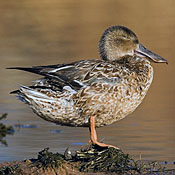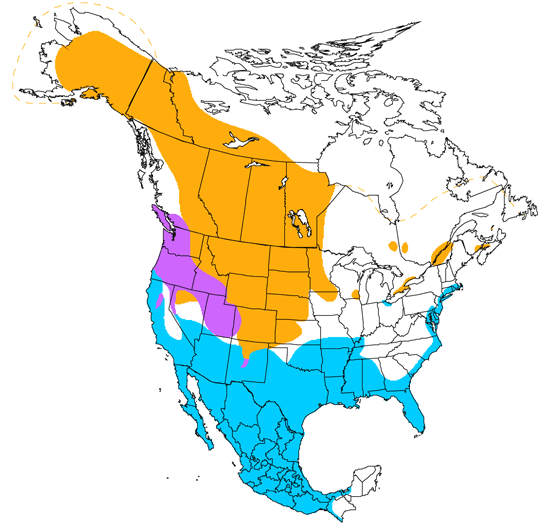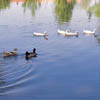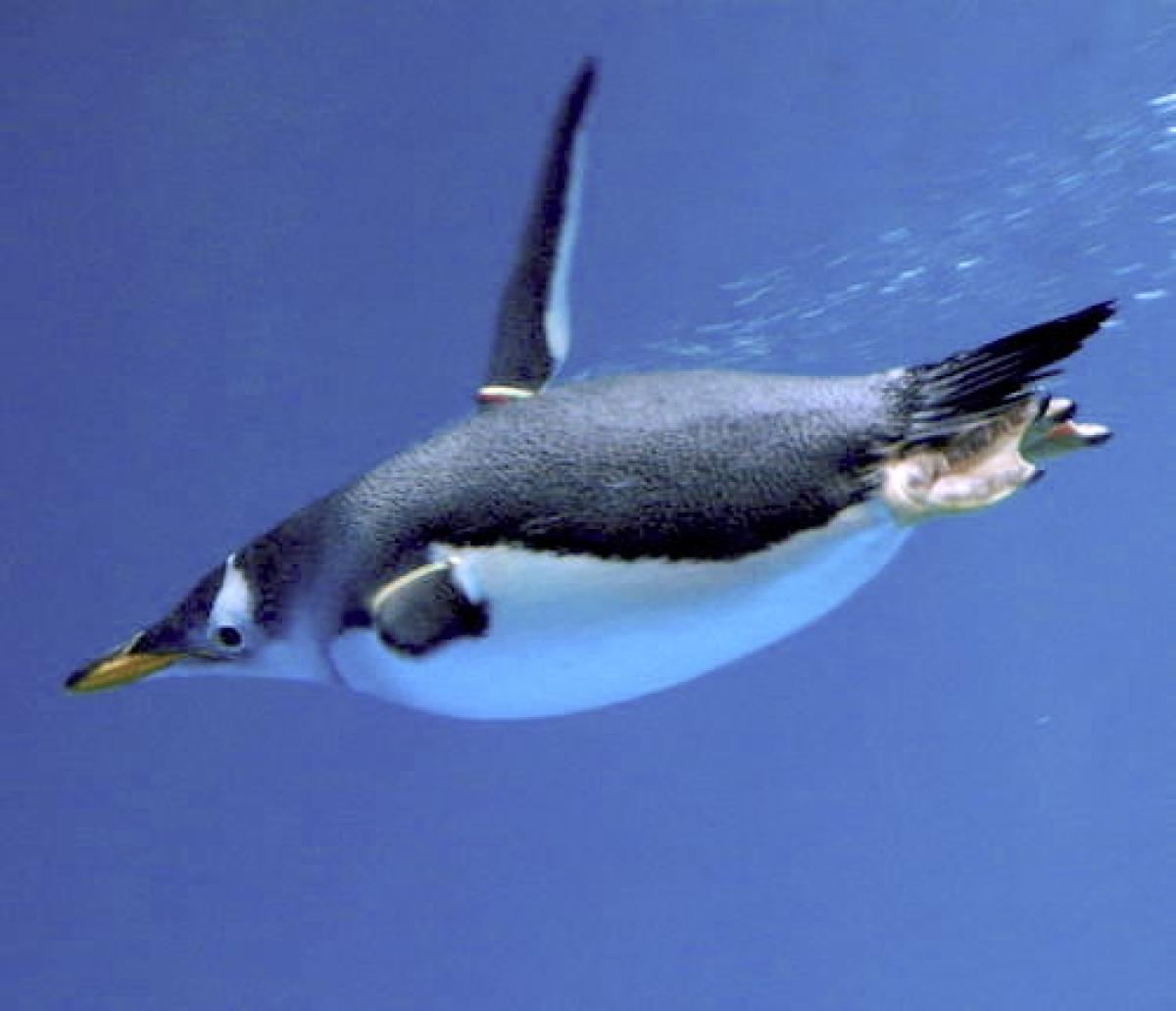Northern Shoveler
Anas clypeata

Duck Like
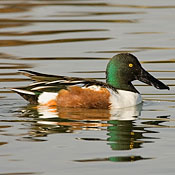
Length: 19 in. (48 cm )
The huge distinctive bill of this duck is used to noisily strain small plants and animals from the water\'s surface of small ponds and shallow marshy lakes. In wintering areas, small groups of shovelers will feed close together perhaps in a mutually beneficial behavior of herding prey together. The nest is a depression filled with grass in short grass near the edge of water. This species also occurs across much of Europe, Africa and Asia.
The four-digit banding code is NSHO.
Bibliographic details:
- Article: Northern Shoveler
- Author(s): Dr. Biology
- Publisher: Arizona State University School of Life Sciences Ask A Biologist
- Site name: ASU - Ask A Biologist
- Date published:
- Date accessed:
- Link: https://askabiologist.asu.edu/activities/bird/northern-shoveler
APA Style
Dr. Biology. (). Northern Shoveler. ASU - Ask A Biologist. Retrieved from https://askabiologist.asu.edu/activities/bird/northern-shoveler
Chicago Manual of Style
Dr. Biology. "Northern Shoveler". ASU - Ask A Biologist. . https://askabiologist.asu.edu/activities/bird/northern-shoveler
Dr. Biology. "Northern Shoveler". ASU - Ask A Biologist. . ASU - Ask A Biologist, Web. https://askabiologist.asu.edu/activities/bird/northern-shoveler
MLA 2017 Style
Be Part of
Ask A Biologist
By volunteering, or simply sending us feedback on the site. Scientists, teachers, writers, illustrators, and translators are all important to the program. If you are interested in helping with the website we have a Volunteers page to get the process started.

